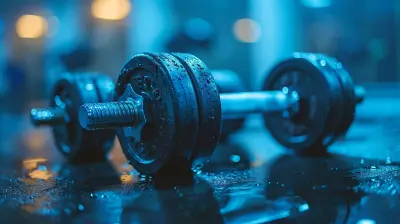Why Protein is Crucial for Bone Health
18 November 2025
When most people think about strong bones, the first thing that pops into their mind is calcium. And sure, calcium's a big deal. You've probably been told to drink your milk since you were a kid for that very reason. But there's another major player in the bone health game that often gets overlooked: protein. Yep, that same nutrient you associate with muscle-building shakes and chicken breasts is also working hard behind the scenes to keep your skeleton strong and sturdy.
In this article, we’re diving deep into why protein isn’t just a gym junkie’s best friend—it's also the unsung hero of your bones.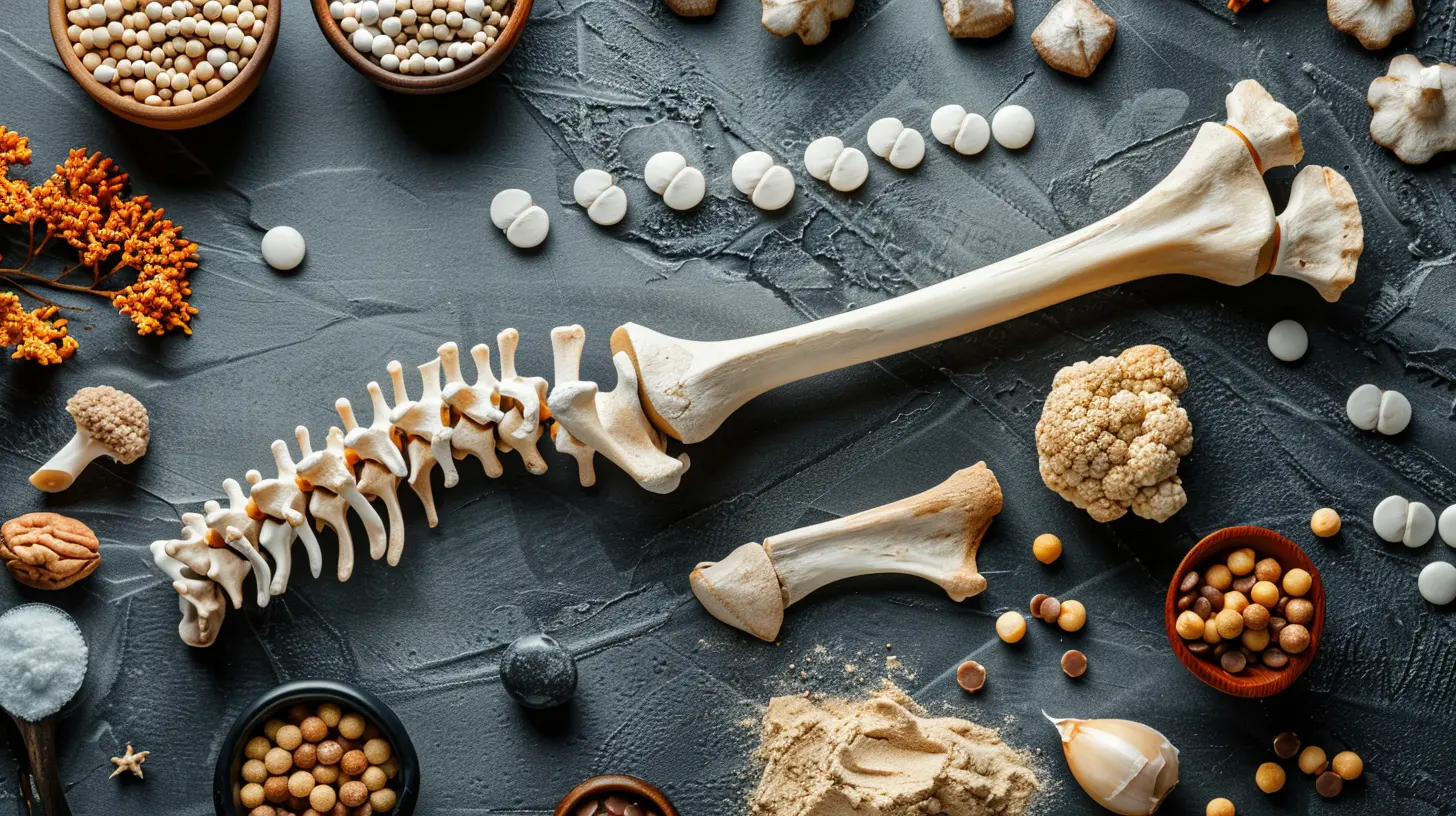
Table of Contents
1. The Basics: What is Protein?2. How Bones Actually Work
3. The Bone-Protein Connection
4. Protein and Aging Bones
5. Debunking the Protein-Calcium Myth
6. How Much Protein Do You Really Need for Bone Health?
7. Best Protein Sources for Strong Bones
8. Tips for Getting Enough Protein—Without Going Overboard
9. Final Thoughts on Protein and Bone Health
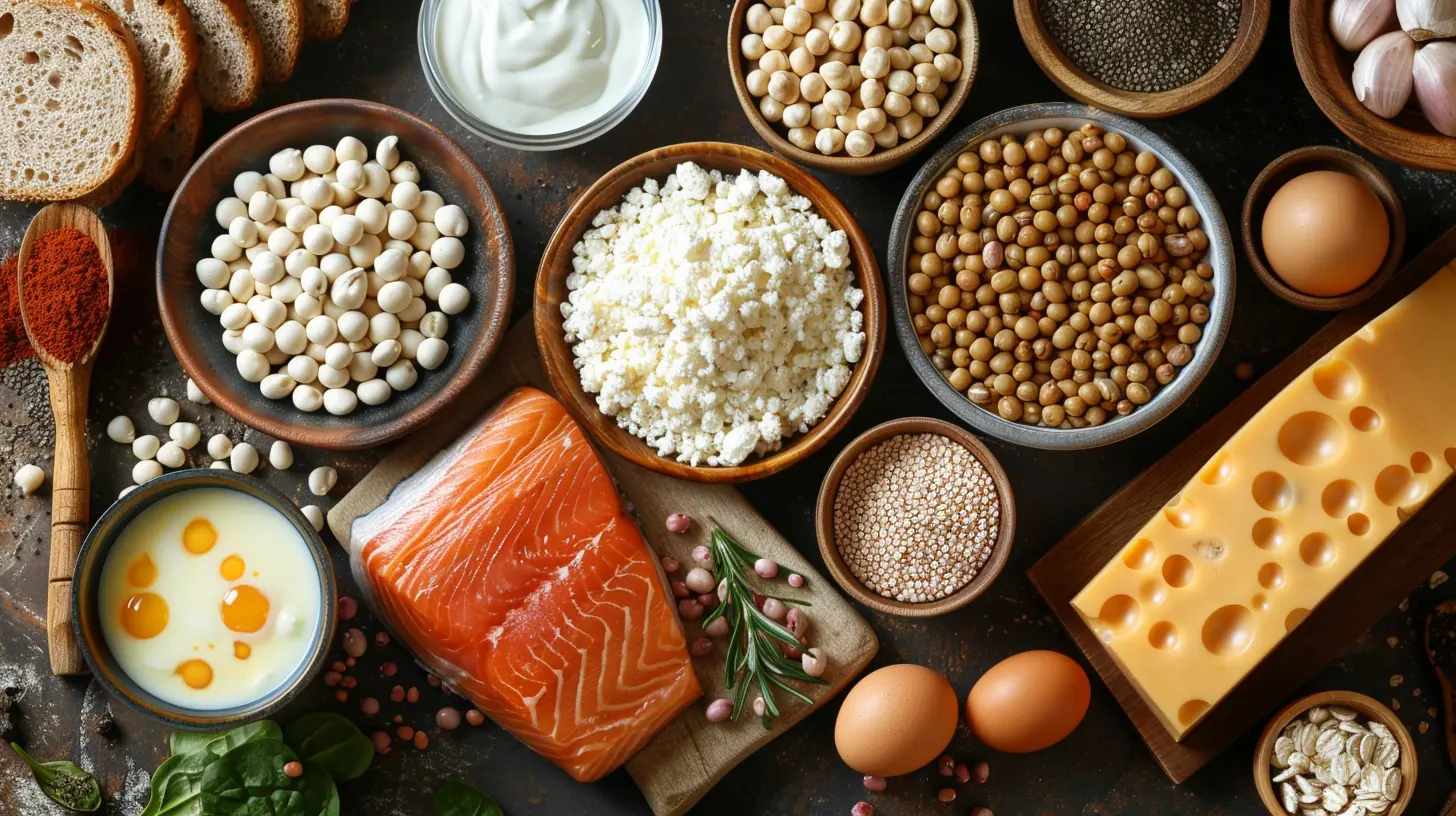
The Basics: What is Protein?
Let’s keep this simple. Protein is one of the three macronutrients your body needs to function properly (the other two are fats and carbs). It’s made up of tiny building blocks called amino acids, and your body uses these amino acids for all kinds of important stuff—like building muscles, repairing tissue, making enzymes, and yep, you guessed it: maintaining healthy bones.Think of protein as the "construction crew" in your body. Without enough of it, things start falling apart—literally, in the case of your bones.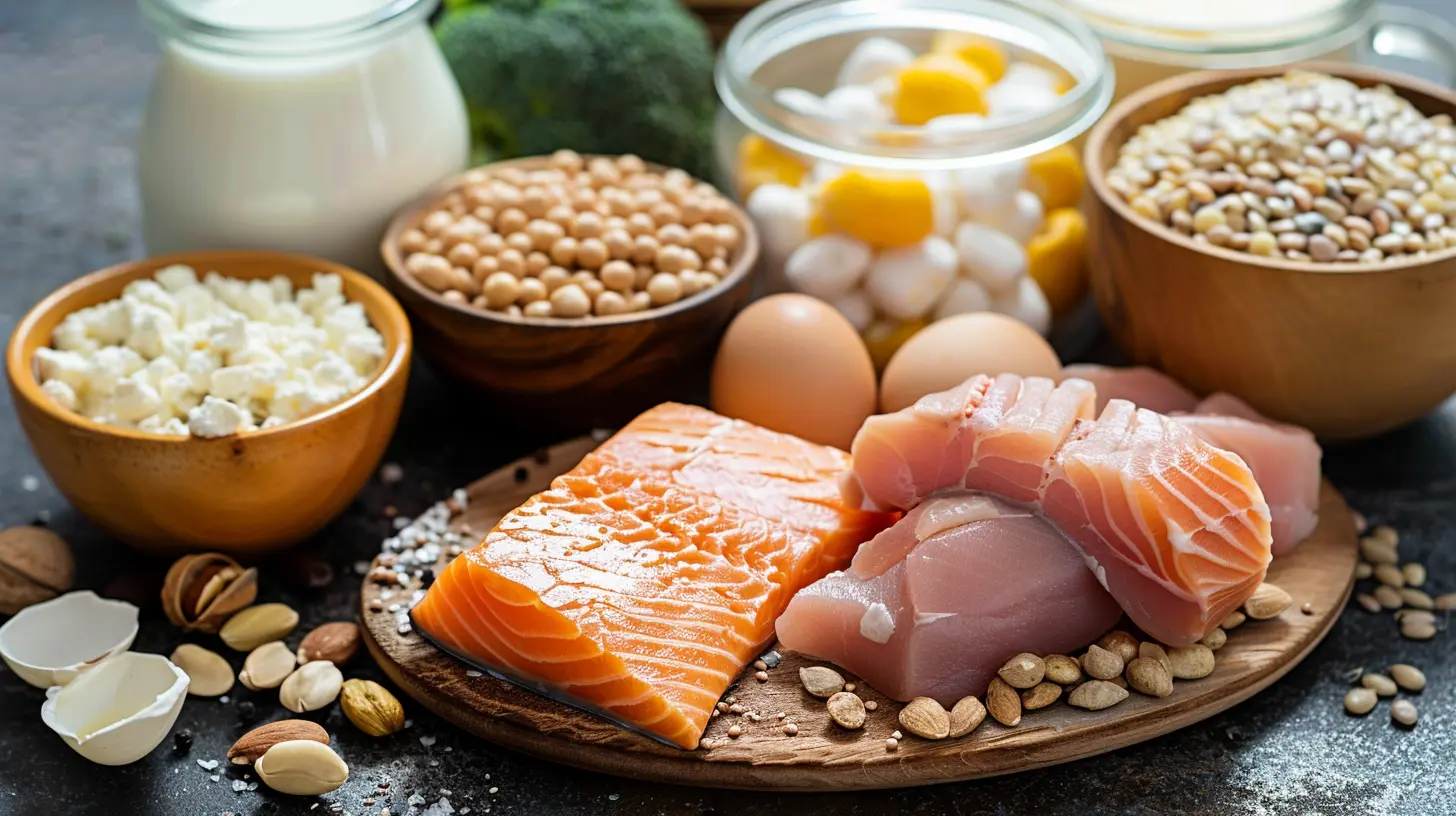
How Bones Actually Work
Before we talk about how protein supports bone health, we need to understand what bones are and how they function. Believe it or not, your bones are not just static structures like the wood in your house. They're living, breathing tissues that are constantly being broken down and rebuilt.This process is called remodeling. Specialized cells called osteoclasts break down old bone, while osteoblasts build new bone. It’s a lifelong process. And guess what both types of cells need to do their jobs effectively? You got it—protein.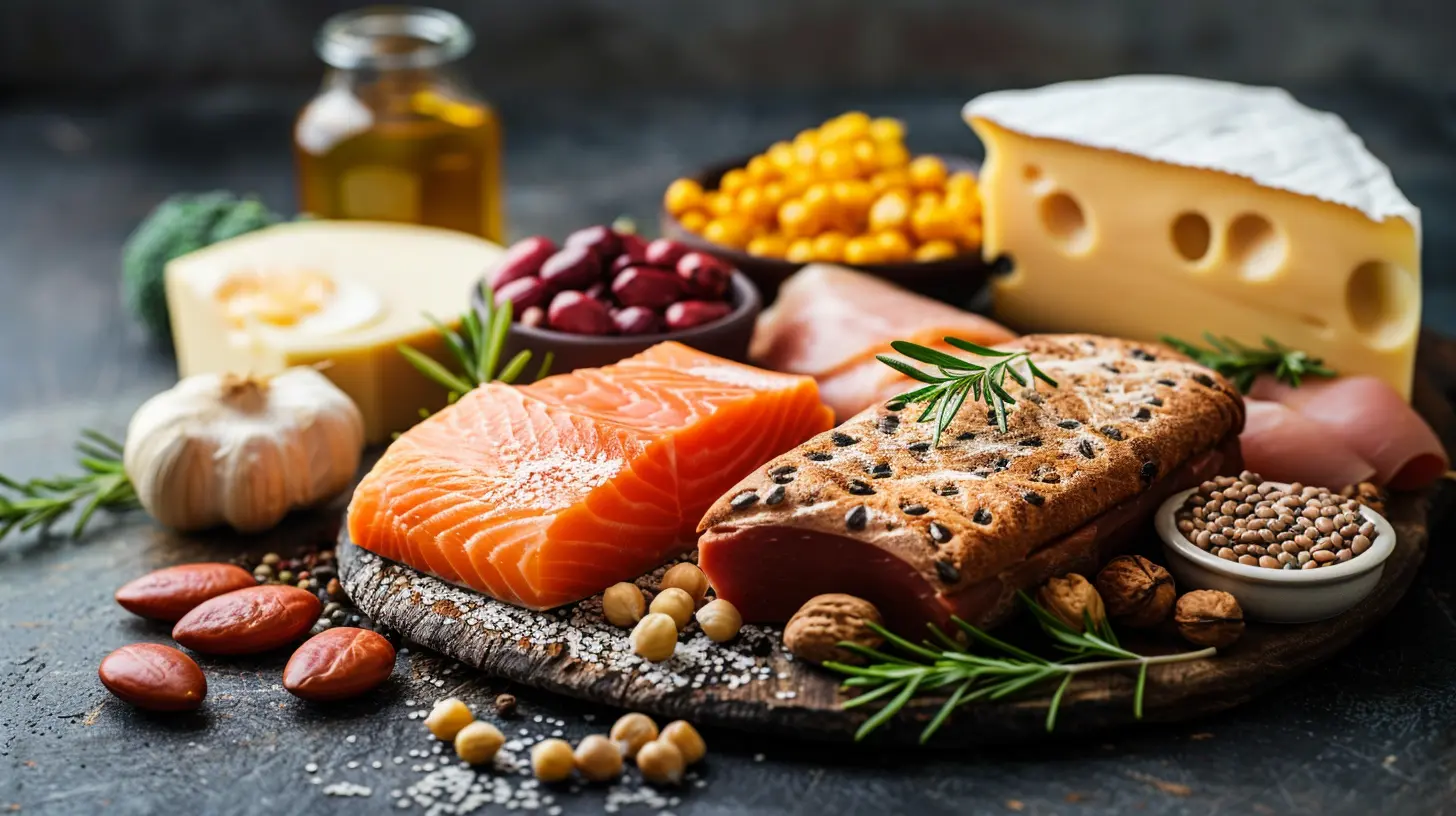
The Bone-Protein Connection
Here’s where things get interesting. Even though bones are mostly made of minerals like calcium and phosphorus, about 50% of bone volume and a third of its mass is actually made up of protein—primarily a type of collagen. Collagen is what gives bones their flexibility and strength. Imagine it like the steel frame inside a building. Without it, everything becomes brittle and prone to crumbling.Protein doesn't just help build collagen—it helps regulate critical hormones and enzymes involved in bone formation and maintenance. Without enough protein, your body may not be able to keep up with the constant wear and tear your bones go through.
Protein Improves Calcium Absorption
Here’s a fun fact: protein actually enhances calcium absorption in the gut. So if you’re chugging down calcium supplements but skimping on protein, your body might not be making the most out of it.Protein and Aging Bones
As we get older, our bones naturally start to lose density. That’s just part of aging. But the scary part? This can happen faster than you might think—especially in postmenopausal women, who are at a higher risk for osteoporosis.Here’s the silver lining: studies show that adequate protein intake may help preserve bone mass and reduce the risk of fractures in older adults. It’s kinda like giving your aging bones some armor.
So if you or someone you love is getting up there in years, protein becomes even more important—not just for muscle, but for bones too.
Debunking the Protein-Calcium Myth
You might’ve heard a rumor that eating too much protein, especially animal protein, can actually weaken your bones by causing calcium to leach out of them. Sounds scary, right? But hold on a second.This myth originated from early research that showed high-protein diets could increase calcium excretion in urine. But what those studies didn’t account for is that high-protein diets also improve calcium absorption, so the net effect on bones is either neutral or even beneficial.
Recent research has put this myth to bed. What really matters is balance—getting enough protein alongside adequate calcium, vitamin D, and other nutrients.
How Much Protein Do You Really Need for Bone Health?
Okay, so now you’re probably wondering: “How much protein am I supposed to eat?” Great question.The Recommended Dietary Allowance (RDA) for protein is 0.8 grams per kilogram of body weight per day for the average adult. But here’s the kicker: many experts now believe that number is too low—especially if you’re older, active, recovering from injury, or trying to maintain strong bones.
Most research suggests that 1.0 to 1.2 grams of protein per kilogram of body weight is a better target for bone health. That’s roughly 70 to 90 grams of protein per day for someone who weighs 150 pounds.
Not as hard as it sounds, right?
Best Protein Sources for Strong Bones
Alright, let’s talk food. Getting your daily dose of protein doesn’t mean living off chicken breast and protein shakes (unless you want to). There are plenty of tasty, bone-friendly protein sources out there—both animal-based and plant-based.Animal-Based Sources:
- Eggs- Chicken, turkey, beef, and lamb
- Dairy products (milk, cheese, yogurt)
- Fish (especially salmon and sardines, which also pack bone-boosting omega-3s and calcium)
Plant-Based Sources:
- Lentils and beans- Tofu and tempeh
- Chia seeds and hemp seeds
- Quinoa
- Soy milk
- Nuts and nut butters
Pro tip: Variety is key. Mixing up your protein sources ensures you're also getting a broad range of vitamins and minerals that help your bones stay strong.
Tips for Getting Enough Protein—Without Going Overboard
Let’s keep it real. You don’t need to obsess over every gram of protein. But being mindful about how you spread your protein intake throughout the day can make a difference—not just for bones, but for overall health.Easy Tips:
- Start strong: Add eggs, Greek yogurt, or protein-rich smoothies to your breakfast.- Snack smart: Reach for nuts, hard-boiled eggs, or hummus with veggies.
- Upgrade your meals: Toss beans into soups and stews, or add grilled chicken to your salad.
- Smooth it out: Use protein powder in your shakes—especially if you’re on the go or have a busy schedule.
- Balance is beautiful: Pair protein with fiber and healthy fats to keep your blood sugar stable and your stomach full.
And remember, more isn’t always better. Mega doses of protein won’t magically turn you into a superhero. It’s all about consistency and balance.
Final Thoughts on Protein and Bone Health
So, is protein crucial for bone health? Absolutely. It’s not just a sidekick to calcium—it’s more like a co-star in the blockbuster that is your body’s skeletal system. From helping build the collagen matrix that gives bones their structure, to improving calcium absorption and supporting overall bone density, protein plays a role that can’t be ignored.Whether you're young and active, middle-aged and trying to stay ahead of aging, or older and wanting to prevent fractures, making protein a regular part of your diet is one of the smartest moves you can make.
Next time you think about your bones, think beyond the milk carton. Think protein. Your future self will thank you.
all images in this post were generated using AI tools
Category:
Bone HealthAuthor:

Holly Ellison
Discussion
rate this article
1 comments
Phoebe Diaz
Protein plays a vital role in bone health, aiding strength and repair processes effectively.
November 18, 2025 at 5:45 PM

Holly Ellison
Absolutely! Protein is essential for maintaining bone strength and supporting repair mechanisms, making it vital for overall bone health.

